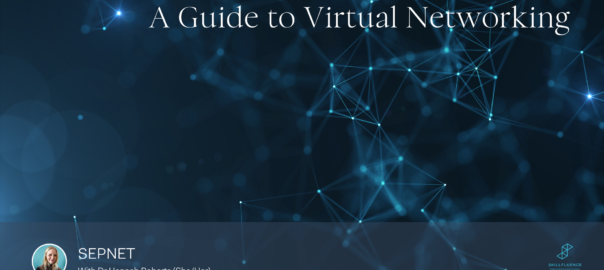On 19 and 20 May over 30 postgraduate and postdoctoral researchers attended the GRADnet online workshop: The Application of Neural networks to Image Recognition.
The course was aimed at anyone interested in modern data science and AI. The focus was the implementation (in Python) of neural networks and applying them in order to classify images. Delegates were taught how to first build some simple networks with a few convolutional layers, then how to exploit popular deep neural networks such as Xception, VGG16, Resnet and MobileNet.
Thank you to Dr Michal Gnacik, Senior Lecturer in the School of Mathematics and Physics at University of Portsmouth who designed and delivered the course on behalf of GRADnet.
Attendees had the opportunity to look at the transfer-learning and hyper-parameters tuning and how to use them to achieve high-accuracy predictions. Comet ML was used to track, compare, explain, and optimize their experiments. Kaggle image datasets helped recognise emotions from the images of people’s faces and delegates looked at how deep learning can be used in converting speech to text using established systems such as DeepSpeech or Silero.
Delegates found the course “really interesting” and “useful”. One student said “Thank you so much for the course. It has been really insightful and I can’t wait to have a go at the exercises!”.
GRADnet and the School of Mathematics and Physics at Portsmouth plan to collaborate once again and run this course in person in 2022-23! Look out for the GRADnet Training Programme 2022-23 which will be launched in September.



